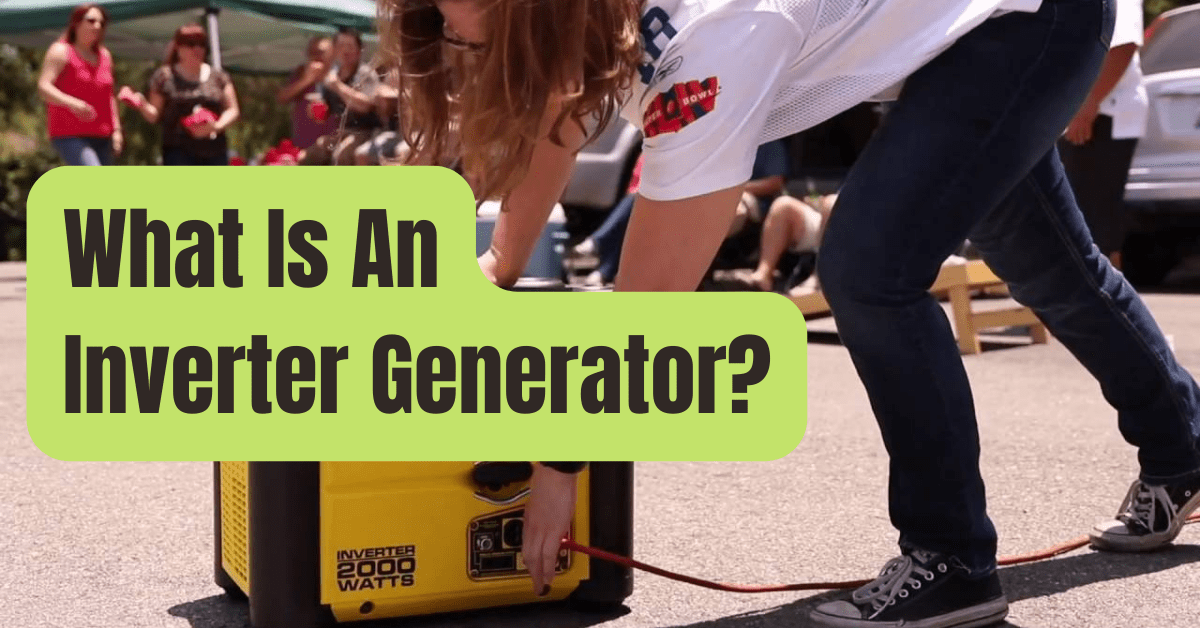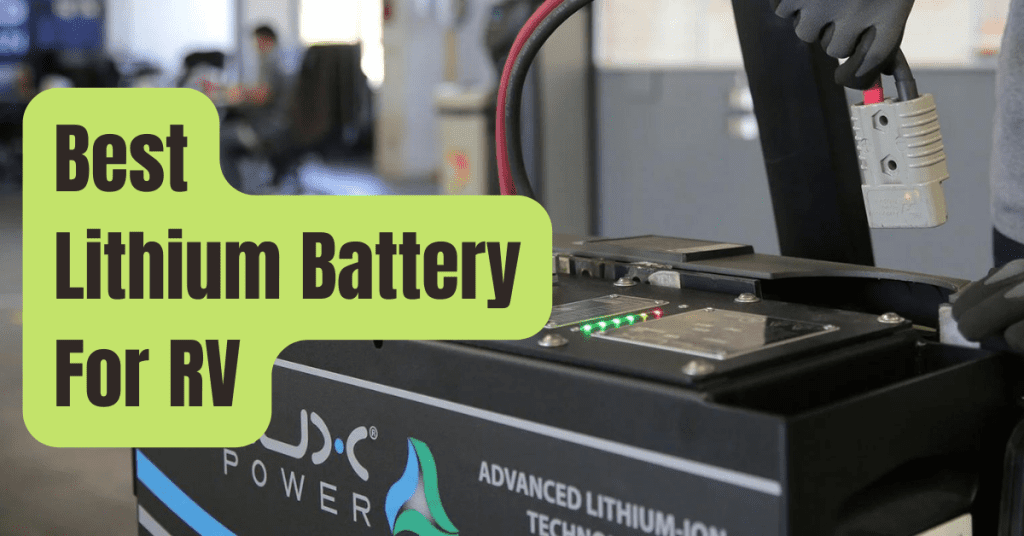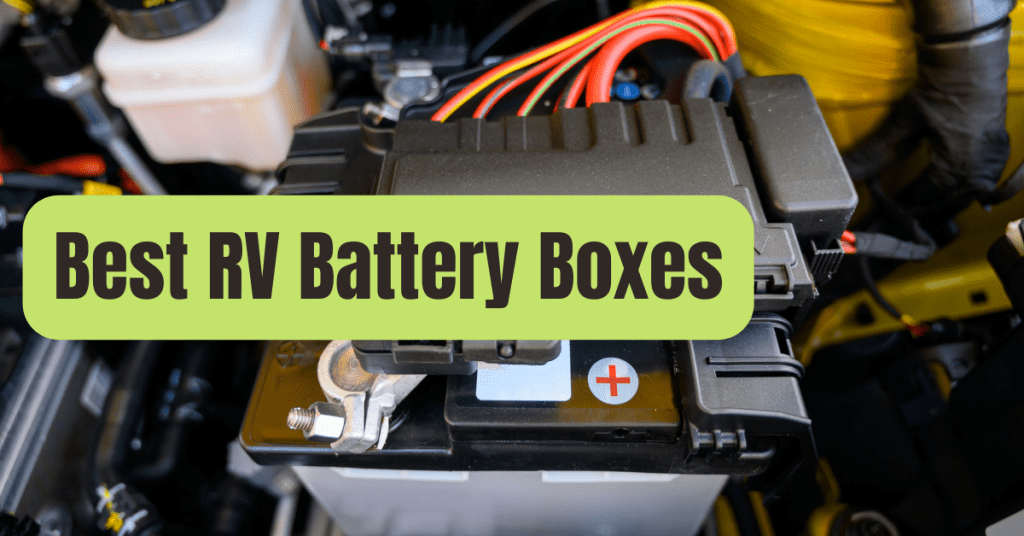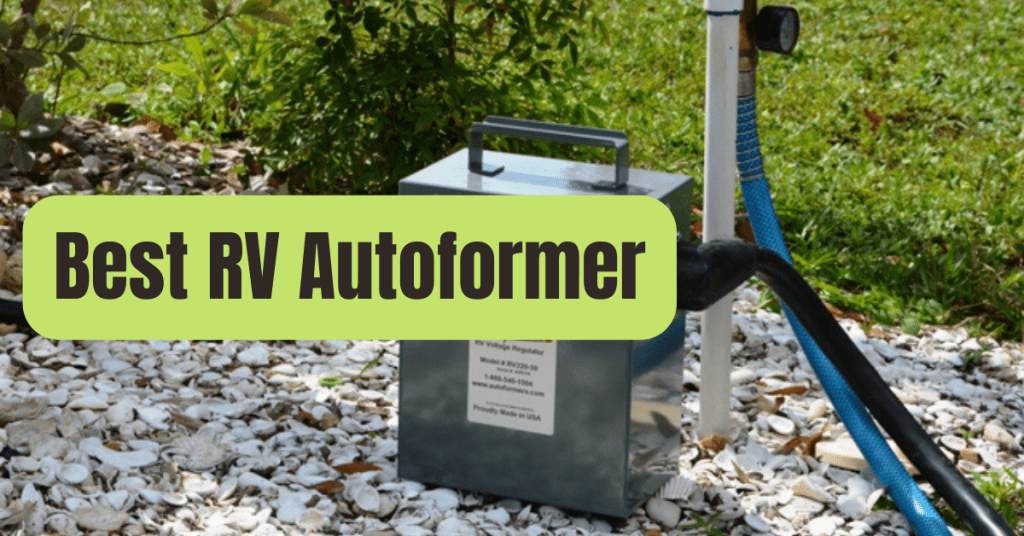What is an inverter generator, exactly? You may have overheard someone discussing how much superior they are than standard generators.
An inverter generator is a gadget that converts energy into cleaner, safer electricity for your delicate equipment.
It is smaller, quieter, and more energy efficient than a standard generator, although it generally costs more.
Whether you’re not sure if the buzz is real, we’ll explain how inverter generators function, as well as how to pick and utilize them correctly.

What Is an Inverter Generator and How Does It Work?
An inverter generator creates a cleaner wave of power by transforming AC electric current into DC electric current and then inverting it back to AC.
Please see our page on electrical phases if you’re not aware what the difference between AC and DC electricity is.
Also, familiarize yourself with the fundamentals of generator operation.
A common non-inverter generator generates “dirty” electricity, or power with voltage spikes that may destroy sensitive electronic equipment.
It has a high total harmonic distortion (THD), which is the difference between the conventional 60-herz frequency and the actual frequency.
This implies that if you connect your computer into a standard open-frame generator, the power fluctuations might result in memory loss or system issues.
An inverter generator “cleans” the power by inverting the electrical wave in such a manner that it produces a steady flow of energy without the ripples and abnormalities that filthy power produces.
It has a very low THD of less than 6%.
To comprehend all of the nuances of how this works, you’d need to take an electrical engineering course.
Simply said, an inverter generator enhances the quality of energy and enables you to safely plug in a computer or smartphone.

What Is the Distinction Between a Generator and an Inverter?
The capacity of an inverter to clean up electrical power for sensitive devices is the major distinction between a generator and an inverter, as previously stated.
#1. Efficacy of Fuel
The increased fuel economy of an inverter generator is the second main difference.
It may change the speed of its engine according on the amount of power it is required to deliver.
If you simply wish to power one light, for example, the engine will run slower and provide less current.
The engine will rev higher to match the increased demand if you add a second light.
A typical generator, on the other hand, can only operate at one speed regardless of the power demand.
Of course, since inverters aren’t always operating at maximum power, they save more energy.
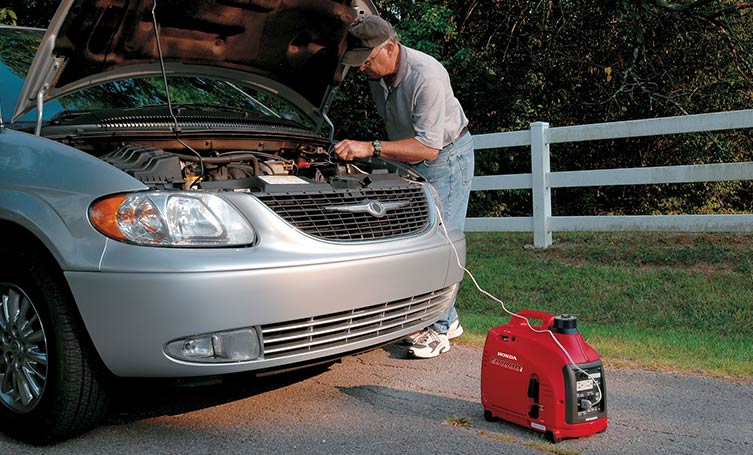
#2. Output
The largest-output inverters generate only roughly 7,000 watts of energy, hence inverter generators have a restricted wattage range.
This is a far cry from some standard portable generators, which can generate up to 17,000 watts.
As a result, unless you simply need to power a few tiny devices, inverter generators are seldom employed in emergency backup situations.
Inverters are more often utilized in leisure applications such as camping, tailgating, and picnics.
#3. How to Calculate the Size of an Inverter Generator
Traditional generators are substantially larger than inverter generators.
Thus have a more efficient internal design and construction, and they can get away with a smaller fuel tank.
Many units are under 40 pounds, making them simple to transport for people of all ages, which is one of the reasons they’re so popular for outdoor activities.
You can readily observe the variations in usage and wattage by looking at the chart below.
You may choose between 1,000, 2,000, or 3,000 watts.

You may also calculate your power requirements with our generator wattage calculator.
Simply choose the appliances you wish to run, and the calculator will suggest a variety of generators.
#4. The Level of Noise
Traditional generators are substantially noisier than inverter generators.
We compared the noise levels of an inverter generator to a standard open-frame generator.
The standard generator’s decibel level reached 76 dB, but the inverter’s was only approximately 66 dB.
This silent operation is ideal for campsites where, in addition to a good night’s sleep, there may be noise restrictions.
#5. Capability to work in parallel
Inverter generators make up for their lack of power by being able to run in parallel with other inverter generators.
Yes, you can receive double the power by connecting two inverter generators with a parallel connection.
This enables you to power bigger equipment, such as a mobile home’s air conditioner.
This isn’t true for all models, as some need the usage of a separate companion unit.
What to Look for When Buying an Inverter Generator
You must first identify two factors before selecting an inverter generator:
- What do you intend to do with it?
- How much energy will you require?
An inverter will not be able to backup a substantial portion of your home during a storm.
You’ll either need a bigger, portable emergency generator or a home standby generator for this.
If you simply need to power a few basic devices, though, a bigger inverter generator could suffice.
However, inverter generators are best utilized for recreational purposes.
If you often host tailgate parties or like camping, an inverter will be a huge help.

Determine how many watts you’ll need after you’ve decided on your application.
This is where our portable generator wattage calculator comes in handy.
The bigger the unit, the more stuff you’ll need to power at once.
What Is an Inverter Generator and How Do I Use It?
In principle, inverters may be utilized in the same manner that conventional portable generators are.
Because of their lesser wattage, there are discrepancies in practice.
How to Install an Inverter Generator in Your Residence
Extension cables, a convenience cord, a through-the-wall kit, or a manual transfer switch may all be used to connect an inverter generator to your home.
In truth, there is no difference between connecting an inverter generator to your home and connecting a standard portable generator.
Most individuals, however, will not connect an inverter to their home since it will only power a few objects.
People have utilized a manual transfer switch to connect an inverter generator to their furnace system circuit in order to receive emergency heat during the winter in certain circumstances.
Is it possible to use inverter generators indoors?
No! NEVER RUN A GENERATOR INDOORS is the number one generator safety regulation.
Although inverter generators seem to be tiny and innocuous, they include a combustion engine that emits poisonous exhaust fumes.
This rule does not have any exceptions.
An inverter generator CANNOT be used in a detached garage, shed, open garage, under a deck, or within 15 feet of your home.
People have died as a result of this, and there is no acceptable alternative.
Is an Inverter Generator a Good Investment?
During a power outage, inverter generators are a practical and fuel-efficient solution to power your sensitive gadgets.
Inverter generators’ greater initial costs are often offset by the fuel savings, quiet operation, and mobility they provide.
If you have regular power outages and need a lot of backup power, a bigger portable generator or home standby generator is the way to go.
You can’t top the performance of an inverter generator for the ease of backup power for excursions, small power outages, or outdoor activities, and it will be well worth it.

